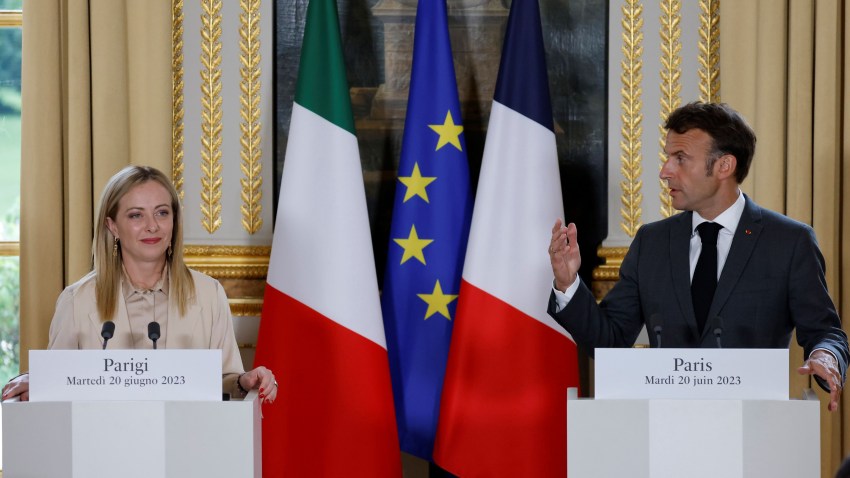Whenever the European Union experiences an existential crisis, the signs that it is escalating emerge slowly before its consequences unfold quite suddenly. Faced with Russia’s all-out invasion of Ukraine and former President Donald Trump’s open hostility, EU leaders are scrambling to achieve greater military self-reliance at a speed and scale that would have seemed fantastical four years ago. Just as the eurozone crisis was the product of years of procrastination in Brussels over visible dysfunctions when it came to monetary integration, the current rush toward so-called European strategic autonomy is the result of decades of neglect when it came to the military capabilities needed to manage collective security.
Yet while the geopolitical effects of the eurozone shock as well as the more recent panic over European military self-reliance are now more visible, both have also fostered an internal shift in attitudes toward the EU among European political movements that were once inherently hostile toward it. Though some Euroskeptic parties will continue to make electoral gains, among other populist movements—particularly on the far right—the EU’s growing power has led to grudging support for aspects of European integration that align with their ideological priorities. As far-right movements begin to warm to a more-powerful Brussels in the hope that they can shape the EU’s agenda, what once seemed like clear ideological battlelines have become increasingly blurred.
Having taken power at home, far-right parties such as Italian Prime Minister Giorgia Meloni’s Brothers of Italy are now actively shaping European integration rather than trying to sabotage it. As a result, the parameters of debate surrounding the future of the EU need to be reassessed. Simply asserting that voting for a far-right party will lead to the collapse of European stability is no longer an effective electoral strategy, when some of those parties are supporting processes that are bolstering the EU’s geopolitical reach. Instead, efforts to prevent far-right parties from harnessing the EU to their reactionary agendas need to actively challenge these parties in a debate over the fundamental principles that European integration should serve.

